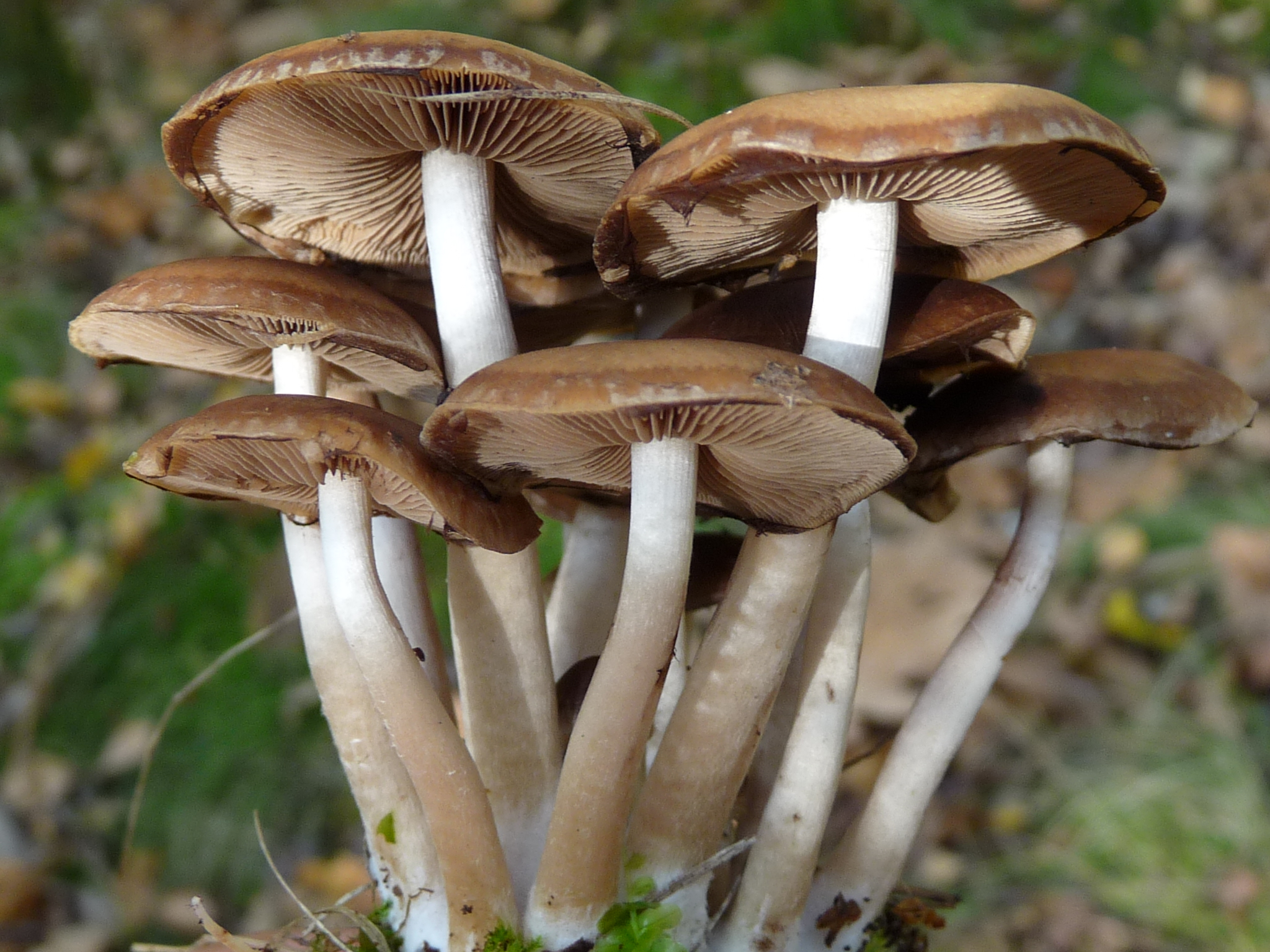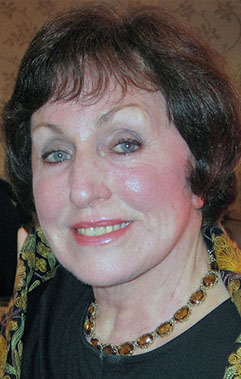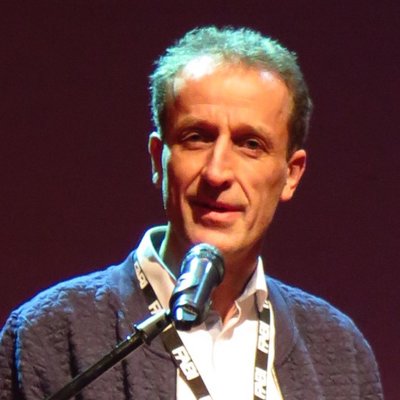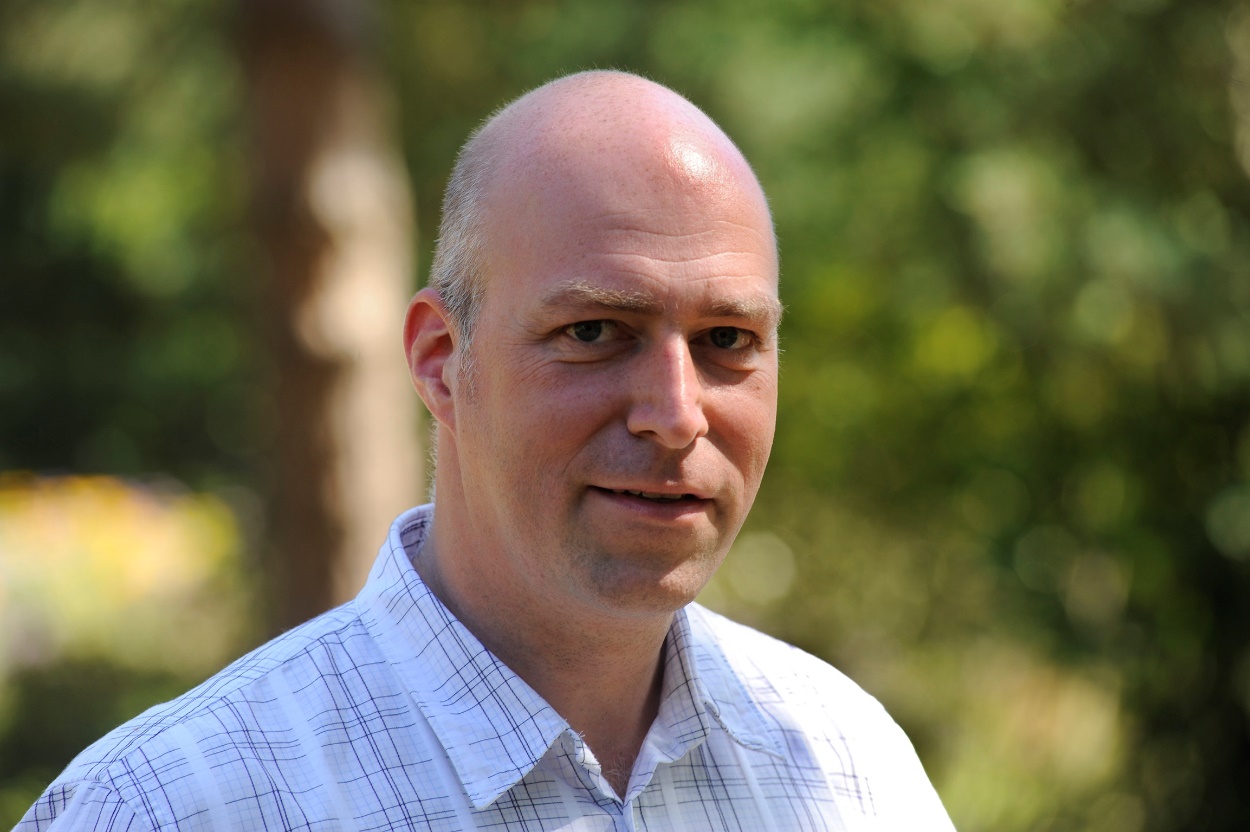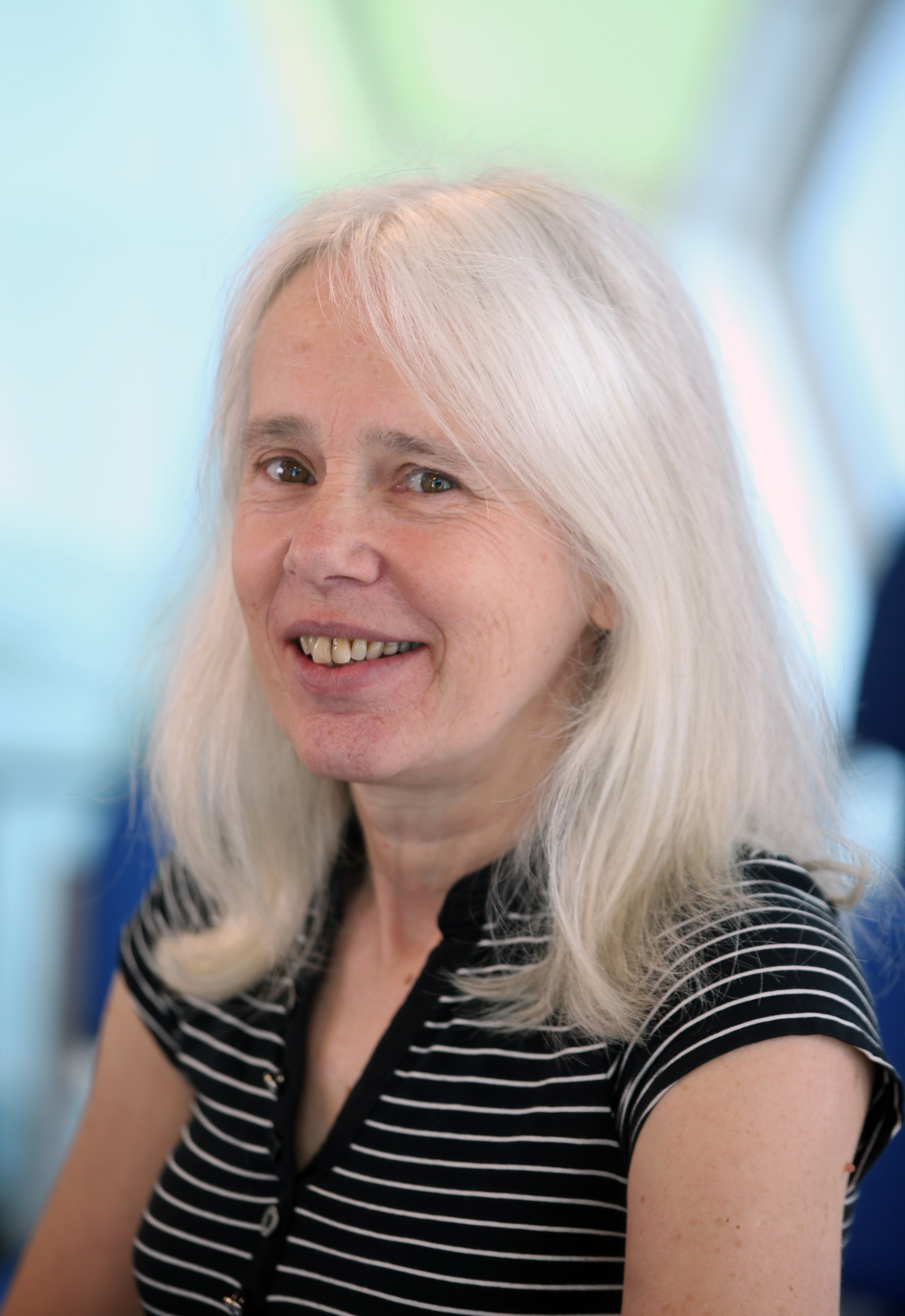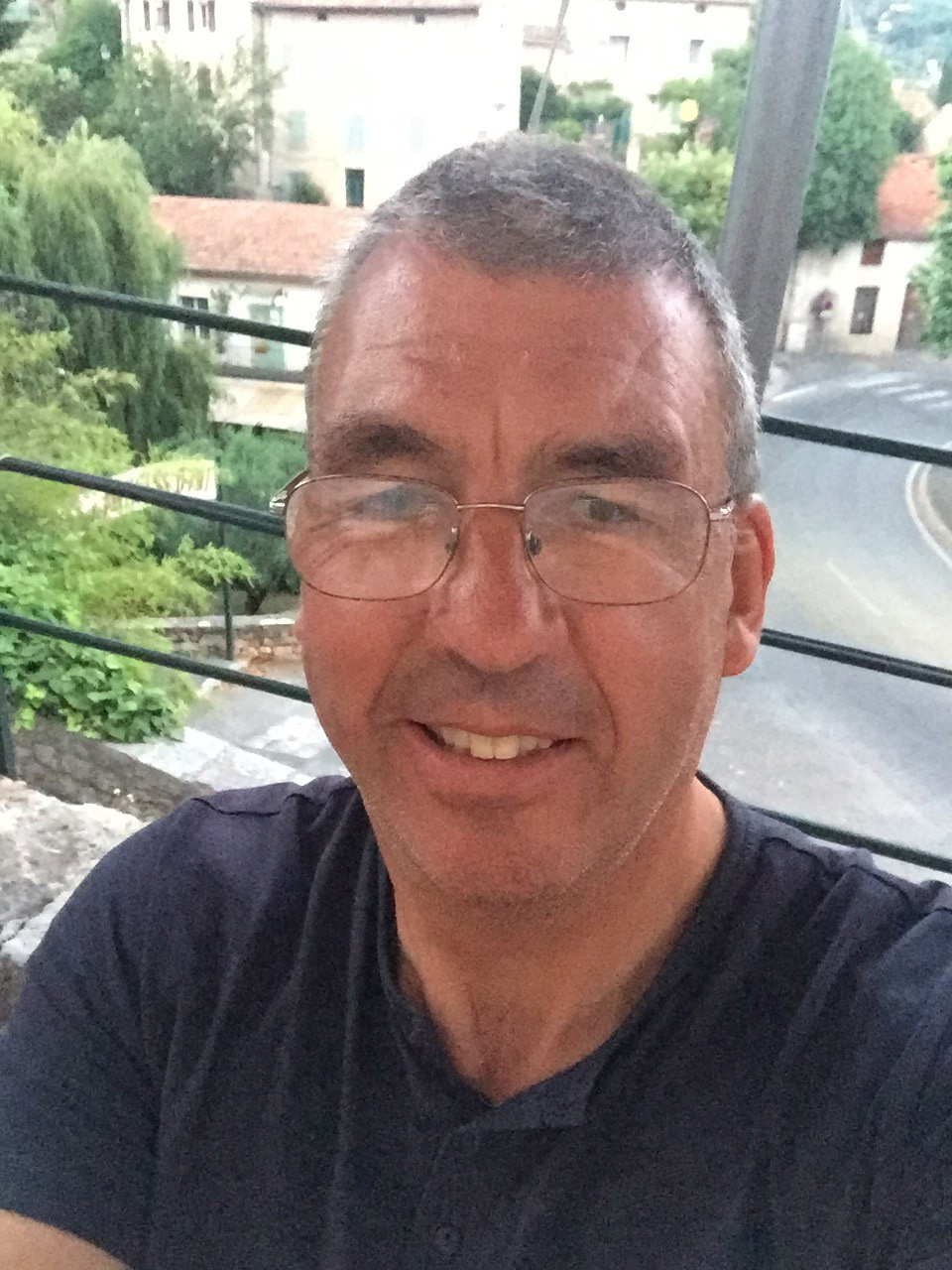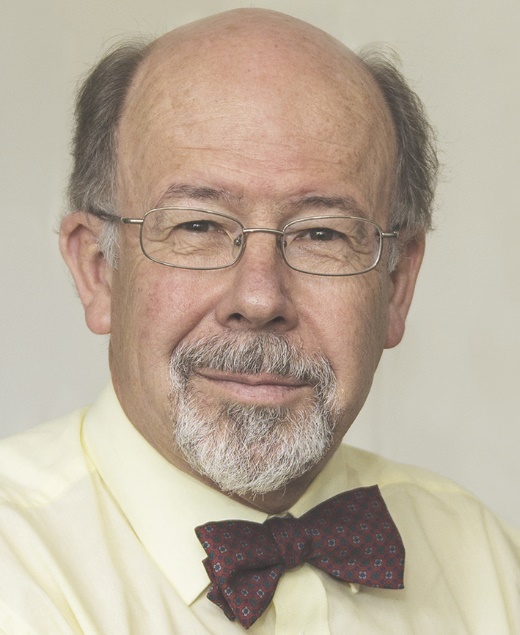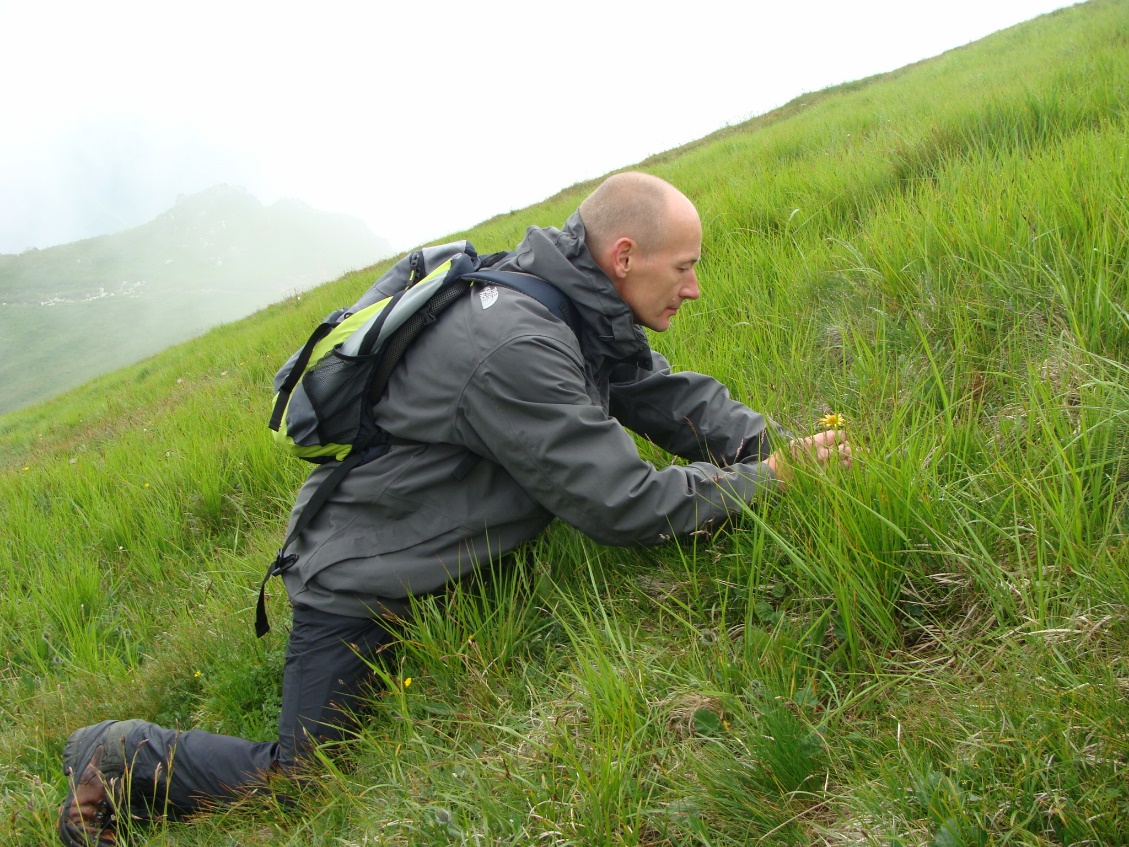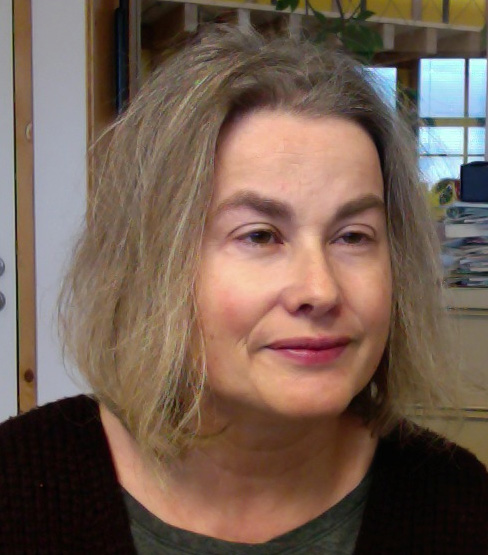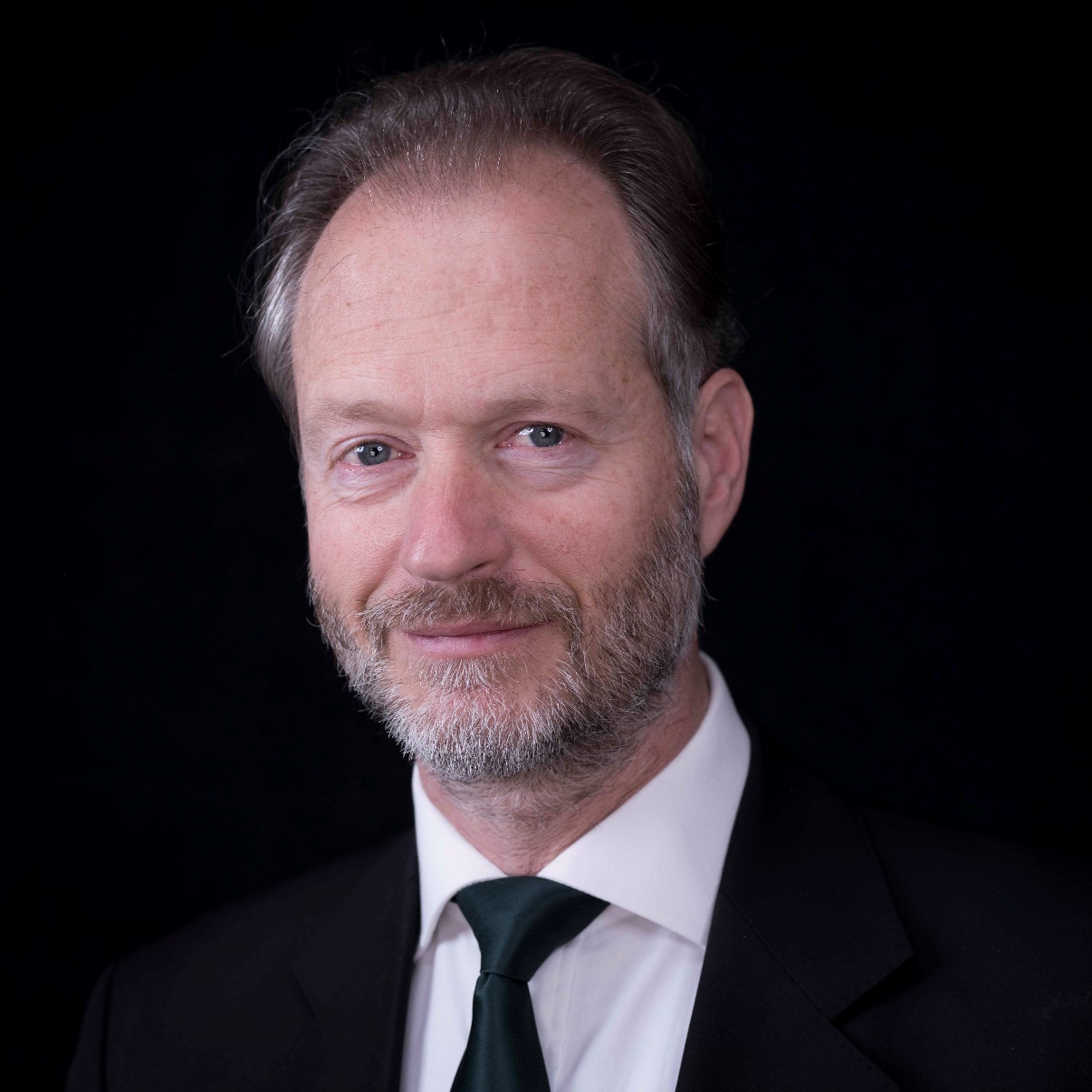 |
|
Carrie Andrew
Dr. Carrie Andrew has over 17 years’ experience specializing in terrestrial ecology, global change biology and mycology, across over nine research and teaching institutions in Europe and the US. With an organismal background in mycology and botany, it is the ecology of those organisms and their interactions, from ecosystem to community levels, that is of research priority to her. Investigating the spatiotemporal dynamics of fungi at the macroecological scale, data science has been a primary tool (along with molecular methodologies) that Dr. Andrew has utilized while working with citizen science and museum (fungarium) collections data.
Her vision is to lead scientific research pertaining to the ecological understanding and conservation of fungi and plants – within the context of global change. It is important to educate the general public, across demographics, as well as scientists and policy-makers, on contemporary scientific research knowledge – as well as the gaps – and the implications to ecology. By communicating science, Dr. Andrew strives to help shift public awareness towards understanding how integral fungi and plants, and their interactions, are for natural systems and societies. |
| |
|
|
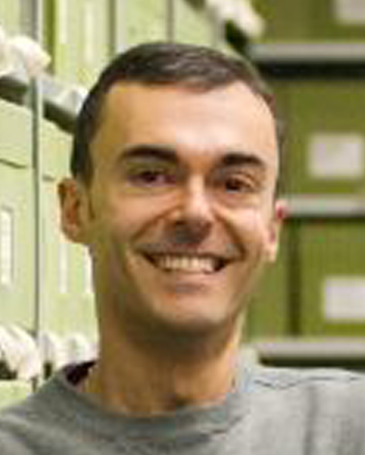
|
|
Martin Bidartondo
Martin Bidartondo works on the ecology and evolution of mycorrhizas, one of the dominant symbioses of terrestrial ecosystems. The systems that he studied include arbuscular, ectomycorrhizal, monotropoid and orchid mycorrhizas, and mycorrhiza-like associations of bryophytes. Following his ground-breaking research on the evolutionary ecology of the diverse plants that cheat mycorrhizal mutualisms, his team has investigated:
1) the mycorrhizal ecology of heathlands, first revealing the mechanisms of tree invasions and then uncovering nutritional links among vascular plants, fungi and non-vascular plants;
2) the environmental drivers of forest mycorrhizas at large scales, revealing the impacts of nitrogen pollution across European forests in collaboration with ICP Forests; and
3) the ecology and evolution of their newly discovered, yet ancient and globally-widespread, symbioses between lineages of plants and fungi.
|
| |
|
|
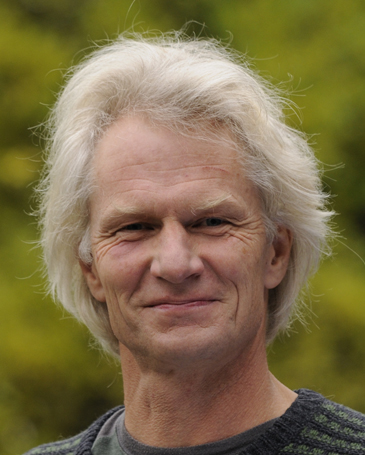
|
|
Anders Dahlberg
Anders Dahlberg works as a Professor at the Department of Forest Mycology and Plant Pathology, Division of Forest Pathology in University of Upsalla. He is a fungal conservation expert at the Swedish Species Information Centre, in charge of fungal red-listing in Sweden, and is active in issues of international fungal conservation. His research interests include fungal population biology with its patterns, processes and genetics, fungal conservation biology and fungal community ecology with functional impacts on ecosystem processes.
|
| |
|
|
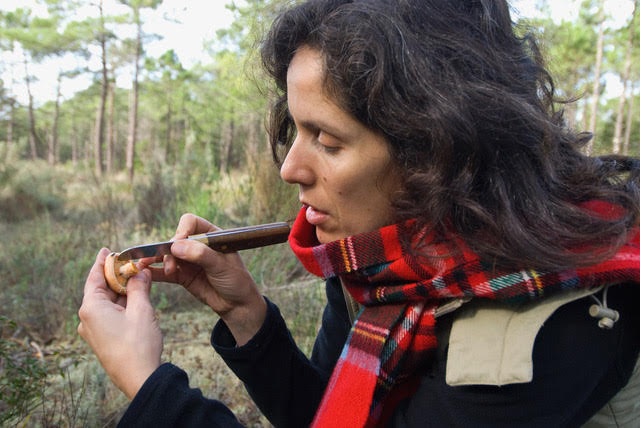 |
|
Susana C. Gonçalves
I am a researcher at the Centre for Functional Ecology, University of Coimbra, Portugal, and member of the Pringle Lab at Wisconsin University, USA. I am broadly interested in the ecology and evolution of ectomycorrhizal fungi, focusing on the invasion biology of two notorious species: Amanita phalloides (death cap) and Amanita muscaria (fly agaric). I am also much involved in fungal conservation and keep an active outreach program aiming to bring fungi to the people. As of Autumn 2015, I have served as co-chair of the European Council for Fungal Conservation (ECCF) and conservation officer of the European Mycological Association. |
| |
|
|
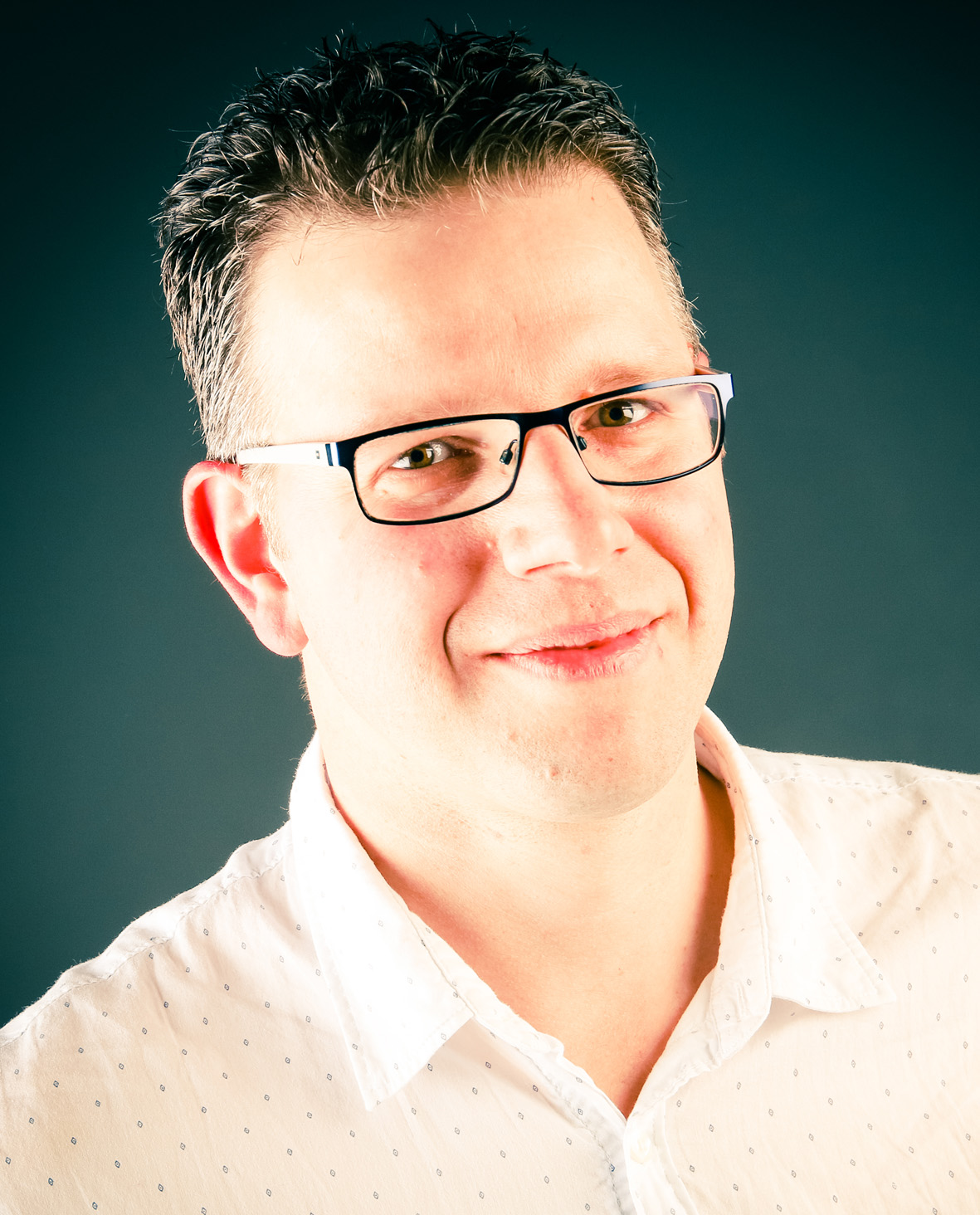 |
|
Jos Houbraken
I'm group leader of the department Applied and Industrial Mycology at the Westerdijk Fungal Biodiversity Institute in the Netherlands. The mission of my group is to generate and apply knowledge of fungi in relation to food, indoor environment and industry. My main interest is the biodiversity and taxonomy of the species and genera occurring in food & feed (incl. mycotoxigenic fungi) and the built environment, with a focus on Penicillium, Aspergillus and related genera. We furthermore study the effect of various stresses (e.g. temperature, wateractivity,
preservatives) on food- and indoor fungi at a fundamental and applied level, with the aim to find novel solutions for prevention of food spoilage and fungal growth in the harsh indoor environment.
|
| |
|
|
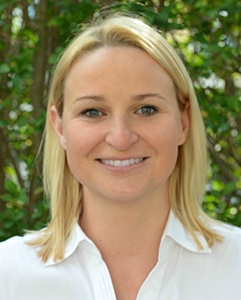
|
|
Michaela Lackner
Michaela Lackner is an Associated Professor at the Division of Hygiene and Medical Microbiology (HMM) at the Medical University of Innsbruck (MUI), Innsbruck. Austria. Since 2017, she heads the Mycological Research Group at the HMM. She completed her Master in natural sciences and her PhD with excellence at the University of Innsbruck (LFU) in 2007 and 2010, respectively. Since 2007, she has had a strong interest in fungal pathogens, particularly in the development of novel diagnostic tools, taxonomy of fungal pathogens and in understanding antifungal resistance mechanisms. She is the convener of the ECMM-ISHAM working group on Pseudallescheria/Scedosporium infections and the ISHAM working group of ISHAM Working Group Nomenclature of Clinical Fungi. She has authored more than 60 publications in peer reviewed articles and is involved in the training of medical and science graduates and undergraduates in Social Medicine, Hygiene and Medical Microbiology. In 2016 she completed her habilitation in Hygiene and Medical Microbiology at the MUI.
|
| |
|
|
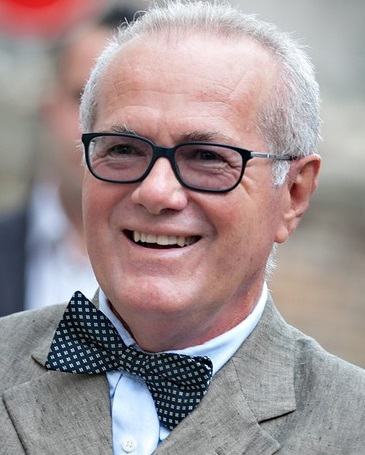
|
|
Giovanni Pacioni
Giovanni Pacioni is a Full Professor of Applied and Environmental Plant Biology at University of L’Aquila, Italy. Since 1972 he has conducted research in the field of biology of the higher fungi, first at the ISS (Higher Institute for Health) of Rome, and then at the University of L’Aquila, dedicating himself mostly to the mycorrhizal fungi. He has enjoyed two NATO semiannual scholarships at the INRA of Paris (the 1978-79) and University of Michigan (1983). He has been responsible for the research units of the National Council for Research grants, engaged in the field of the mycorrhizal symbioses and their biotechnological applications. He organized the CRAMF (Center for Research and Application of the Forest Mycorrhizae) of L’Aquila, funded by European grants. He is an author of patents for “Procedure for the production of truffle plants”, “An edible film made for preserving the vitality and characteristics of fresh truffles” and “Use of cold and pesticides for enhancing the mycorrhization of truffle plants”. He has been a FAO consultant in the field “Mushrooms and No-Woody Forestry Products” 1987-1996, as well as a reviewer of several international journals, proposal projects and university positions. In 1992, he organized the International Conference on Truffles in L’Aquila. In the period 1975-2018 he has published, as author and co-author, 199 original full papers, including the truffle genome master paper in Nature (2010), and 30 books, handbooks and review articles.
|
| |
|
|
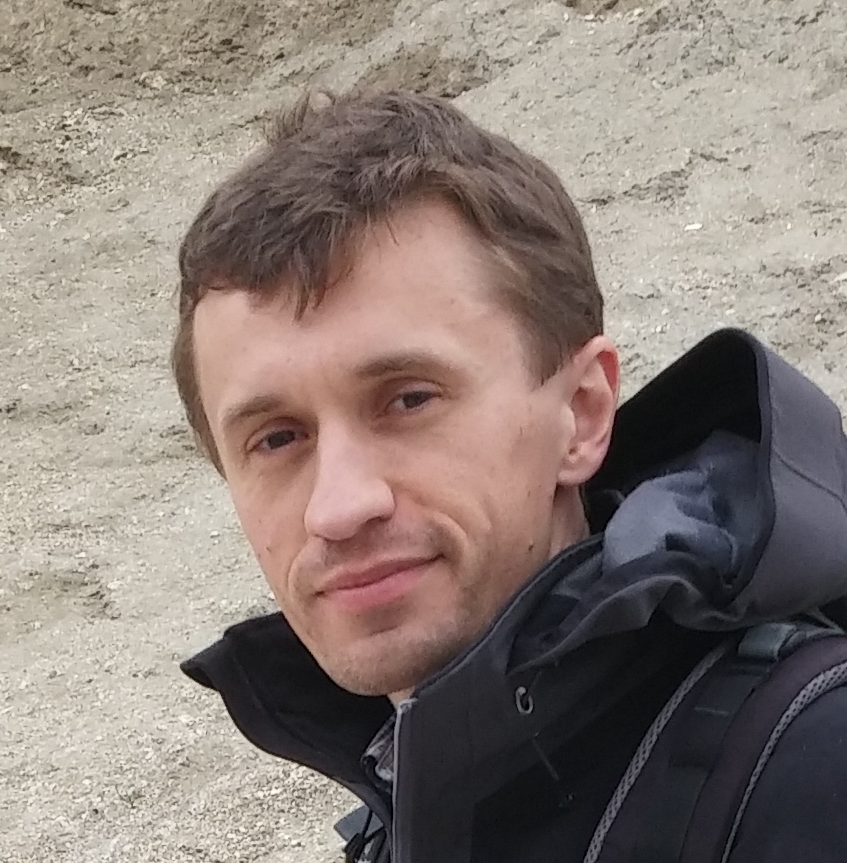 |
|
Dmitry Schigel
Dmitry Schigel is Docent / Adjunct Professor of Mycology at the University of Helsinki, Finland and Scientific officer at the Secretariat of Global Biodiversity Information Facility. His work and research interests include biodiversity informatics, dead wood, species interactions, molecular ecology, metabarcoding, host selection and fungivory, wood-decaying fungi, databases, nature conservation, boreal and montane ecosystems, and successions. Dmitry’s field based and conservation related studies have been carried out in the boreal and temperate forest in Nordic countries, Russia, and also in Białowieża, Poland. Dmitry coordinates communities and organizes international teaching on fungi, dead wood ecology and biodiversity data. |
| |
|
|
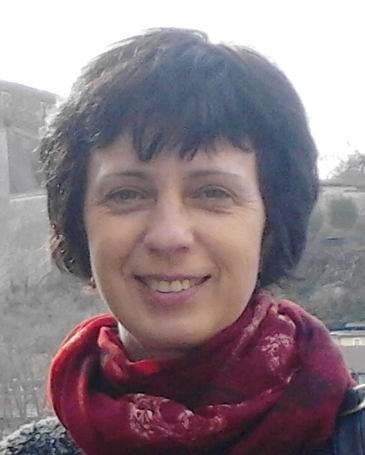 |
|
Ekaterina Shelest
Ekaterina Shelest is the head of Bioinformatics Unit in German Centre for Integrative Biodiversity Research in Leipzig, Germany. Her main scientific interests include mechanisms of transcription regulation and methods for their modelling, evolution and adaptation of transcription regulation systems, epigenetic regulation, eukaryotic (fungal) secondary metabolism, gene clustering in eukaryotic genomes, comparative genomics and evolution of fungal protein families.
|
| |
|
|
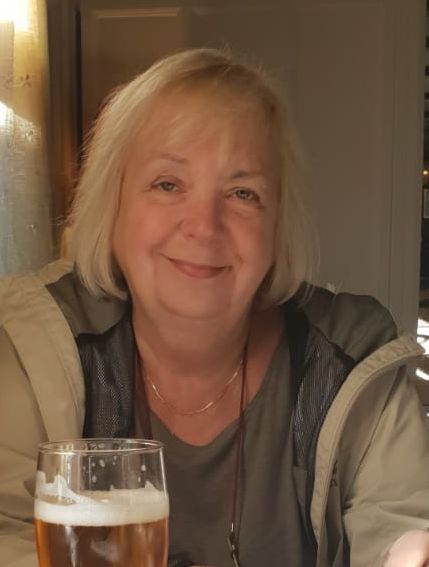 |
|
Katarzyna Turnau
Katarzyna Turnau works as a Professor at the Department of Environmental Sciences of the Jagiellonian University in Kraków, Poland. She focuses on multiple aspects of the biology and ecology of microorganisms including especially mycorrhizal and endophytic fungi. An important field of her scientific interests is phytostabilisation of industrial wastes, phytoextraction of metals and metal distribution in plants associated with microbes.
|
